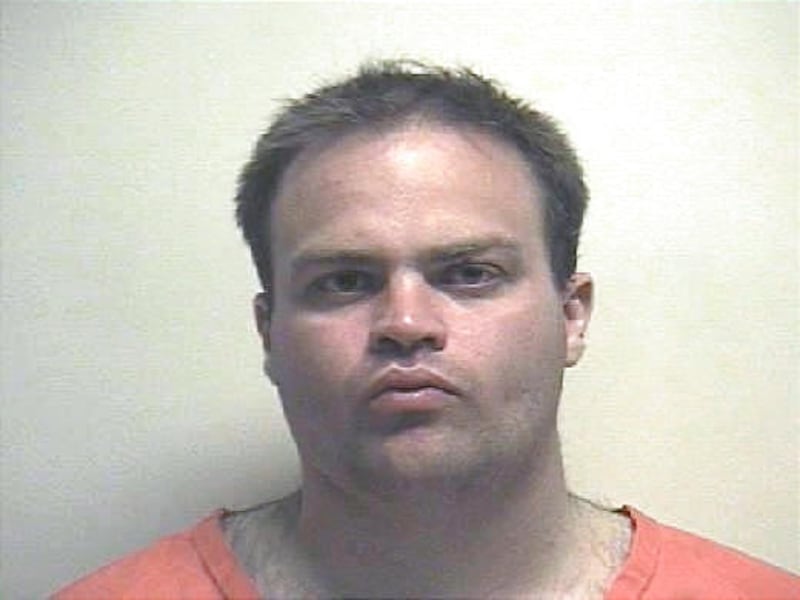PROVO — A note left with the family's bishop the day after a fatal stabbing in Orem last June may say it best.
"There have been many victims as a result of this tragedy," wife and mother Elaine Kirsch wrote. "Mental illness has robbed our family."
Elaine Kirsch lost both her husband and her son on June 15, after an argument between the men turned bloody.
Medical tests revealed that Michael Kirsch, 32, wasn't taking his medications for depression and schizophrenia when he and his father, Christopher Kirsch, began arguing, said prosecutor Tim Taylor.
In anger, the son grabbed a 15-inch kitchen knife and stabbed his father more than 30 times, while Elaine Kirsch tried to separate the two.
Christopher Kirsch, an adjunct Utah Valley University professor, was rushed to the hospital, where he soon died.
Michael Kirsch was arrested and taken to the Utah County Jail, where he later faced felony charges.
After months in the jail and the Utah State Hospital, Michael Kirsch pleaded guilty Thursday to aggravated murder, and he now faces 20-years-to-life in prison, with the possibility of parole.
Kirsch answered questions from Judge Gary Stott with "yes, your honor," and "that's true, your honor," indicating he had taken his medication that morning and understood the consequences of pleading guilty to a first-degree felony.
Kirsch's face was pained as prosecutors read over the details of that June day.
"When he's suffering from the mental illness, he's not thinking right," said defense attorney Richard Gale. "But the more he's stabilized or medicated, the changes in behavior straighten out, and the more he can see things rationally, and the more remorseful he feels."
One of the first steps in the case was for defense attorneys to request a review of Kirsch's mental competency — like they had in a 2004 aggravated-assault case involving Kirsch.
Both reviews found Kirsch was not competent, and he was moved to the Utah State Hospital, where he was medicated and restored to competency.
In the 2004 case, Kirsch pleaded guilty and mentally ill and was sent to prison. In the new case, Kirsch was deemed restored to competency in February, and legal negotiations began in earnest.
He was still on parole at the time of his arrest — a concerning factor for prosecutors, said Tim Taylor, deputy Utah County attorney.
"We will ask that he never be released (from prison)," Taylor said. "(If he) is outside in an environment where he is not forced to medicate, he could definitely devolve and have this same sort of situation happen (again)."
Gale said Kirsch has dealt with schizophrenia for at least 10 years and was receiving Social Security and disability benefits because of it.
"It's been something the family and Michael have been struggling with," Gale said. "He's an intelligent individual. He knows something isn't right, and that causes him a lot of distress."
Gale said Kirsch holds himself to the same standards as people without mental-health issues, and he then becomes depressed when he can't perform on the same level.
Knowing of those serious mental-health concerns, Taylor said, prosecutors removed the death-penalty possibility early in the case. The negotiations then focused on whether Kirsch would receive the possibility of parole.
"It's never been an issue of who did it, just a matter of trying to get an appropriate resolution," Taylor said. "I think this, considering everything, is a good resolution."
Elaine Kirsch was not at the hearing, but Taylor said that she, too, agreed with the resolution. Taylor said one of her main concerns was that her son get treatment in prison.
Kirsch knows he needs the help, his attorney said. Kirsch even told the judge that he "appreciated the charges."
"I think he appreciated that the state was willing to take the death penalty off the table," Gale said. "He appreciates the possibility to get out some day. He understands that what he did was horrendous. He loves his family, and he understands (his actions) were a product of the mental illness. He didn't ask to have schizophrenia."
E-mail: sisraelsen@desnews.com


